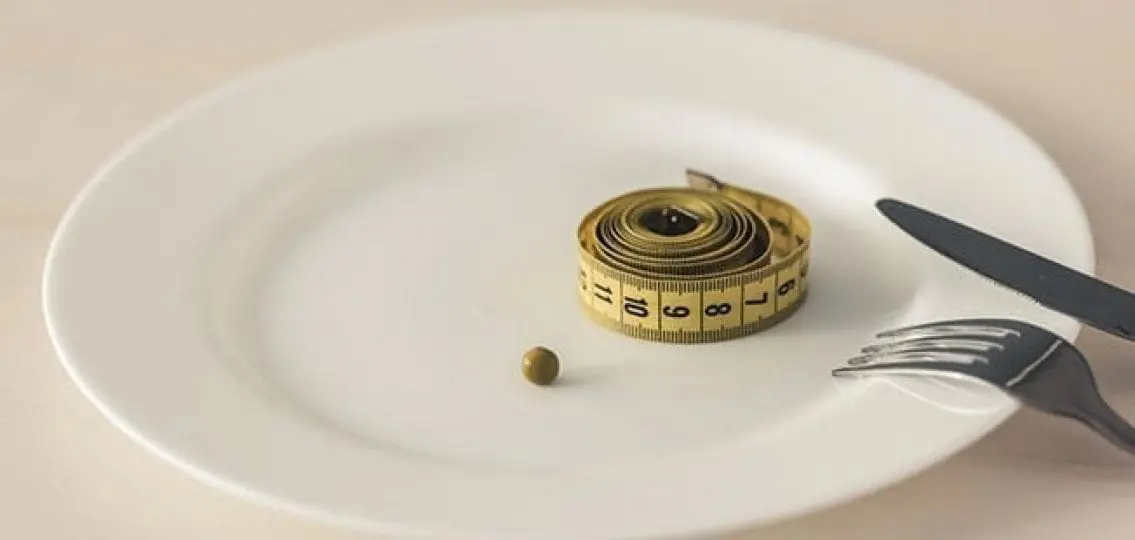Confronting anorexia has been my biggest challenge as a parent. I understand why parents ignore it and hope that it will go away on its own. To acknowledge it, to say it out loud, means that you must deal with it.

And dealing with anorexia is forever; it always lies just under the surface, waiting to rear its ugly head and turn your family upside down.
When I confronted my daughter about her anorexia, I had no idea how drastically our lives would change. I naively assumed that I would talk to her, we would go to the pediatrician, and therapist and after some time, several months perhaps, the anorexia would go away. She would still play lacrosse, we would still go on our annual family vacation, and summer camp would remain as planned.
Facing the Truth
Initially, my husband felt I was overreacting. But, I had watched our daughter for weeks: lunch was a snack-sized bag of cereal and Propel; her sweatpants were baggy and she was very careful and deliberate about her dinner. Ironically, her breakfasts never changed: a chocolate-fudge Pop Tart and a glass of milk. This gave me some comfort at first, but after researching anorexia, I found too many similarities.
I told her that I knew something was wrong one evening after she finished her shower. After an awkward silence, I finally confronted her anorexia and said, “I think that you have an eating disorder.” She became defensive and told me I was crazy. I told her that I was not an expert, but that her pediatrician was. We would be seeing her tomorrow.
Taking Action
I filled the pediatrician in on everything: behaviors, conversations and deep concerns. I explained the urgency. The pediatrician asked to speak with her alone and then invited me back in. The doctor diagnosed her with the beginning stages of an eating disorder. My daughter had lost weight; her personality was flat; she felt cold and she was overly concerned about calories. The doctor recommended a weekly weigh-in, a nutritionist, and a therapist. Our ride home was uncomfortably silent.
I told my daughter that I loved her and would be there to help.
For the next three weeks, our schedule took shape: weigh-ins, meal plans and conversations with the therapist. Refusing to confront her anorexia, our daughter remained in complete denial and barely spoke during the sessions. In the end, the therapist gently suggested that we admit her to a partial hospitalization program (PHP) at Laurelwood. I called Laurelwood to schedule an evaluation. We completed forms and submitted insurance information. The process of confronting her anorexia had begun.
Getting Support
The family support group was our initiation into the world of eating disorders. Our first family meeting occurred the night that we admitted our daughter. In a large, cold, impersonal room, parents gathered to talk.
My husband and I looked like deer in headlights.
But then, the stories began. Parents told us we would see progress after one week. They affirmed that our daughter needed nourishment, and that her body was starving her mind to allocate the limited food to keep her heart beating. They knew.
Quietly, I wept and prayed. Their advice? Accept the fact that life would never be the same as it was before we confronted the eating disorder.
Because this eating disorder program followed the Maudsley Method*, parents shared the countless ways that they passed time while waiting for their child to complete a meal: play games (the ABC game and Twenty Questions became our favorites), talk about vacations, and read (Ripley’s Believe It Or Not got us through many a meal). Meals lost their pleasure and instead became a test of wills: ours against our daughter’s.
As I absorbed every detail, I realized that these strangers would soon become my sanity, my lifeline to normalcy.
Before I entered the room, I didn’t know any of them, and I didn’t think I had anything in common with them. But as they helped me confront my daughter’s anorexia, I realized that they understood more about my pain and suffering than my own family. Over and over, they would assure me that I wasn’t going crazy, and that things would get better.

Our journey with anorexia officially began three years ago, but for our daughter, it continues to be a work in progress. Years of individual, family and group therapy, coupled with in-patient, residential, day and outpatient treatment have put our daughter in a place where she is now recovering from her eating disorder. Not a meal goes by that I am not thankful for where we are; not a moment goes by that we don’t celebrate the normalcy of mundane dinner conversations and movies with popcorn and M&Ms.
I am truly grateful for every new day.
*The Maudsley approach is an intensive outpatient treatment where parents play an active role in helping to restore their child’s weight to healthy levels by initially selecting, preparing, serving, and overseeing all meals and snacks.




